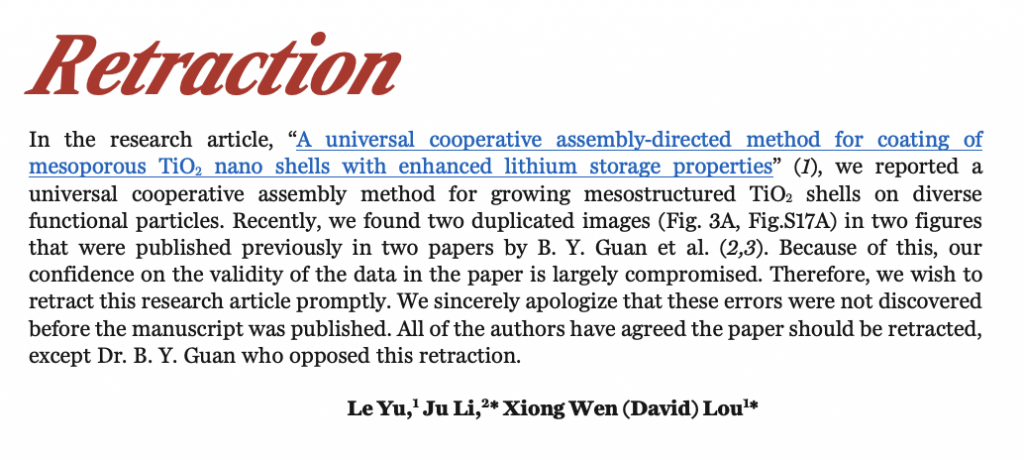Before we present this week’s Weekend Reads, a question: Do you enjoy our weekly roundup? If so, we could really use your help. Would you consider a tax-deductible donation to support Weekend Reads, and our daily work? Thanks in advance.
The week at Retraction Watch featured:
- Our co-founder Ivan Oransky presented oral evidence to the UK Parliament’s Science and Technology Committee on Wednesday. (His panel begins at time stamp 11:15. Coverage here.)
- AHA “regrets any confusion” and is reviewing meeting policies after outcry over Covid-19 vaccine abstract
- Engineering researcher who suddenly left postdoc has ninth paper retracted
- Authors retract, resubmit “very poorly conducted” meta-analysis of COVID-19 treatment
- Abstract linking COVID-19 vaccines to heart trouble risk earns expression of concern
- Journal retracts three papers — including two on COVID-19 — because ‘trainee editor’ committed misconduct
- Exclusive: Shell employee confesses to graduate student misdeeds
Our list of retracted or withdrawn COVID-19 papers is up to 199. There are now more than 31,000 retractions in our database — which now powers retraction alerts in EndNote, Papers, and Zotero. And have you seen our leaderboard of authors with the most retractions lately?
Here’s what was happening elsewhere (some of these items may be paywalled, metered access, or require free registration to read):
Continue reading Weekend reads: Chair leaves post during investigation of double-dipping allegations; geoscientist fined; prof claims another’s papers are hers





